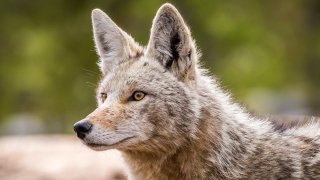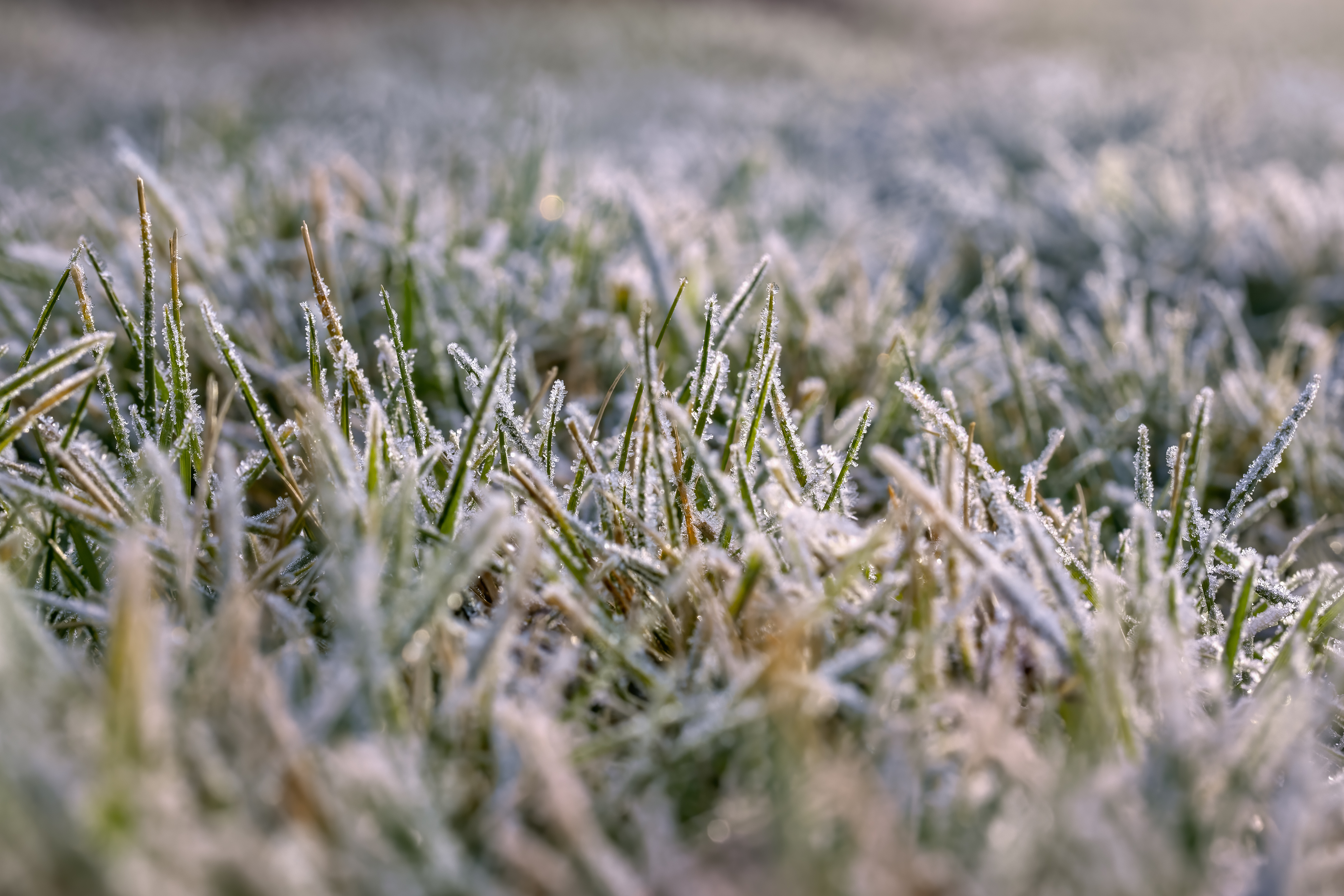
This year could bring a higher-than-usual number of coyote sightings to the Chicago area, according to local forest preserve experts.
Officials with the Forest Preserve District of DuPage County warned residents Monday that between now and February, sightings could be elevated "as young coyotes leave their parents in search of mates and territories to call their own, according to the Forest Preserve District of DuPage County.
“Young coyotes are looking for a place to call home, yet most areas are already occupied. This forces them to move around in search of unclaimed territories,” Forest Preserve District Ecologist Dan Thompson said in a statement. “As a result, sightings tend to increase at this time of year.”
Experts said an increase in sightings is typical during winter months as vegetation is reduced and animals "have fewer places to hide." Snow can also make the animals stand out, allowing for increased sightings and animals spend more time out foraging for food.
Feeling out of the loop? We'll catch you up on the Chicago news you need to know. Sign up for the weekly Chicago Catch-Up newsletter here.
But an increase in sightings doesn't necessarily mean coyote populations are rising, the forest preserve district said.
Pet owners are encouraged to be extra vigilant this winter, with Thomson saying dog owners should keep their dogs leashed, even in backyards.
“It’s smart to stay with your dog and keep it on a leash in your backyard, too. It’s uncommon, but coyotes can target dogs, not necessarily for food but to eliminate animals they think they are competing with for their territory," he said.
Local
Dogs that bark or chase coyotes are "essentially challenging them to a fight," he said.
“Even if you don’t see coyotes in your neighborhood, they are still present,” Thompson said. “Please do not let your dog out unattended; stay with your dog, and keep it on a controlled leash."
Residents should also secure garbage cans, cover compost piles and pick up fallen fruit under trees and shrubs.
A hungry coyote is going to be more interested in unsecured garbage cans, pet food, open compost piles, bird feeders, or fallen fruit under trees and shrubs,” the forest preserve said.
“Coyotes are smart animals that adapt quickly to changes in their environment and can learn new behaviors based on our activities,” Stephanie Touzalin, education specialist at Willowbrook Wildlife Center in Glen Ellyn, said in a statement. “The higher concentration of resources in more urban areas makes them very successful, and they hold smaller territories than their rural counterparts. That means any available space for a coyote to find a home in this region is already filled.”



